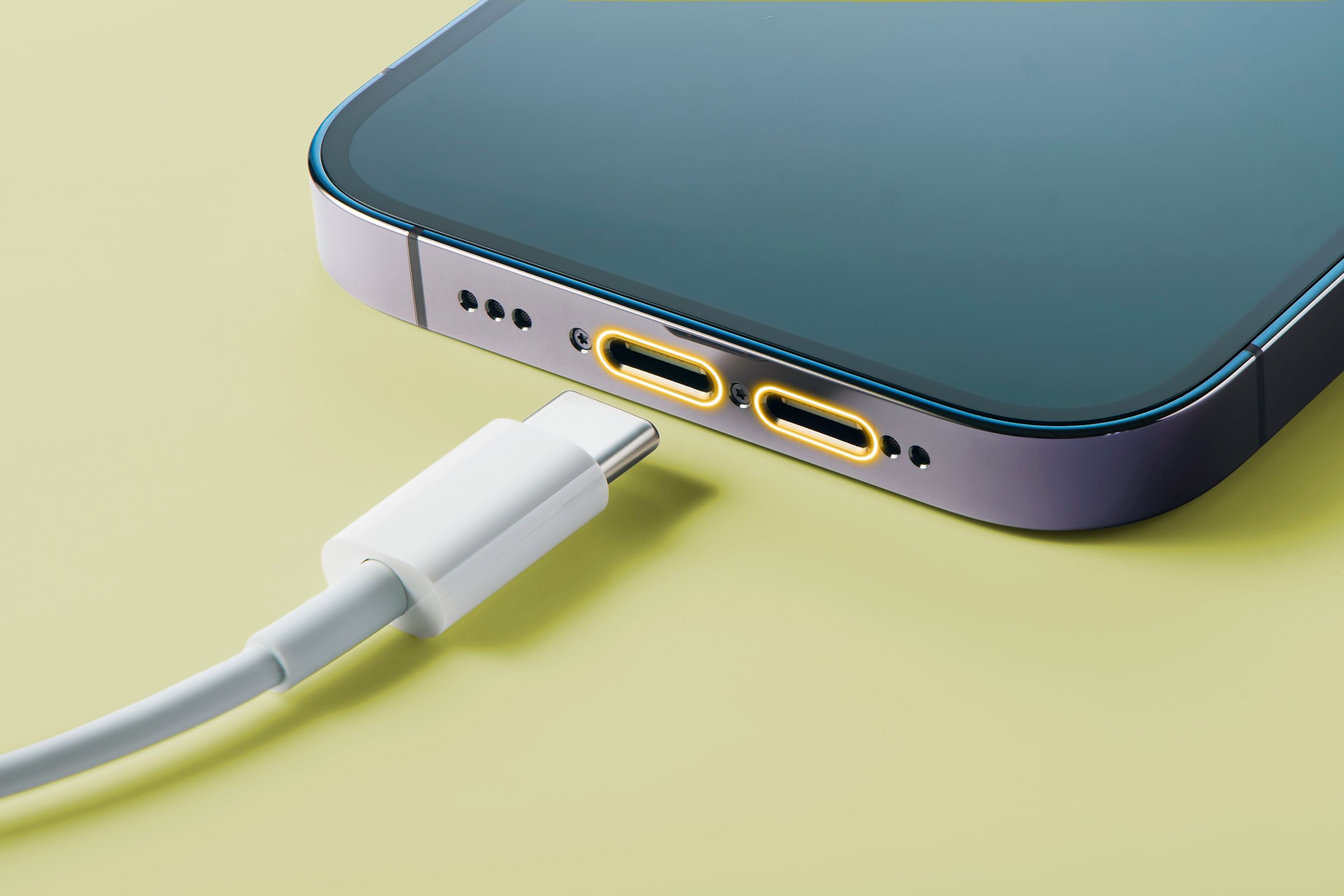The British government is considering following an increasingly popular trend to demand that all new electronic devices adopt universal charging ports.
In December 2022, the European Union (EU) announced that all new electronic devices, such as phones, tablets, eReaders, digital cameras, and handheld consoles, must enable USB-C charging by the end of 2024, with laptops to follow in 2026. Subsequently, India also confirmed that USB-C will be its default charging port from March 2025. Now, the UK, which left the EU at the end of 2020, is looking to follow suit, despite initially ruling itself out of any intention to join the initiative under the country’s previous regime.
The push for universal chargers aims to reduce electronic waste, with people often discarding old cables when switching from one brand to another. It also means that households would require fewer chargers, as the same cables would be used across multiple devices.
Material Focus, a UK-based independent not-for-profit organization that promotes the reuse of copper wires, suggests that its host nation has 627 million unused or discarded cables. It also claims that there are “38,449 tonnes of copper hidden inside unwanted and thrown away electricals,” which is equivalent to “1,240 copper Statues of Liberty.”
This has always been a controversial topic, with some well-known companies making significant money from their brand-specific charging facilities. For example, Apple’s proprietary Lightning charger is said to have made the firm tens of billions of dollars. However, the EU’s law change meant that the company was obliged to revert to USB-C in 2023 with the release of the iPhone 15, having previously used this charging option with some of its earlier gadgets. The tech giant is also losing out on $10 billion of licensing revenue from other companies creating the Apple-specific charging cable, as well as money it has had to use to redevelop its software to accommodate this shift.
Although the UK government has yet to make a decision on the matter, it has initiated an open consultation, citing “evolving international standards,” the resultant “opportunities to reduce electronic waste,” and the possibility of “helping businesses and delivering consumer and environmental benefits” as reasons to consider the shift. However, no comment has been made on how it will deal with the inevitable influx of discarded alternatives should the legislation be introduced.
Contributors have until December 4 to submit their thoughts. After that, we will eagerly wait to see what British authorities ultimately decide is the best course of action, and whether other nations will join the ride.
Source: BBC




